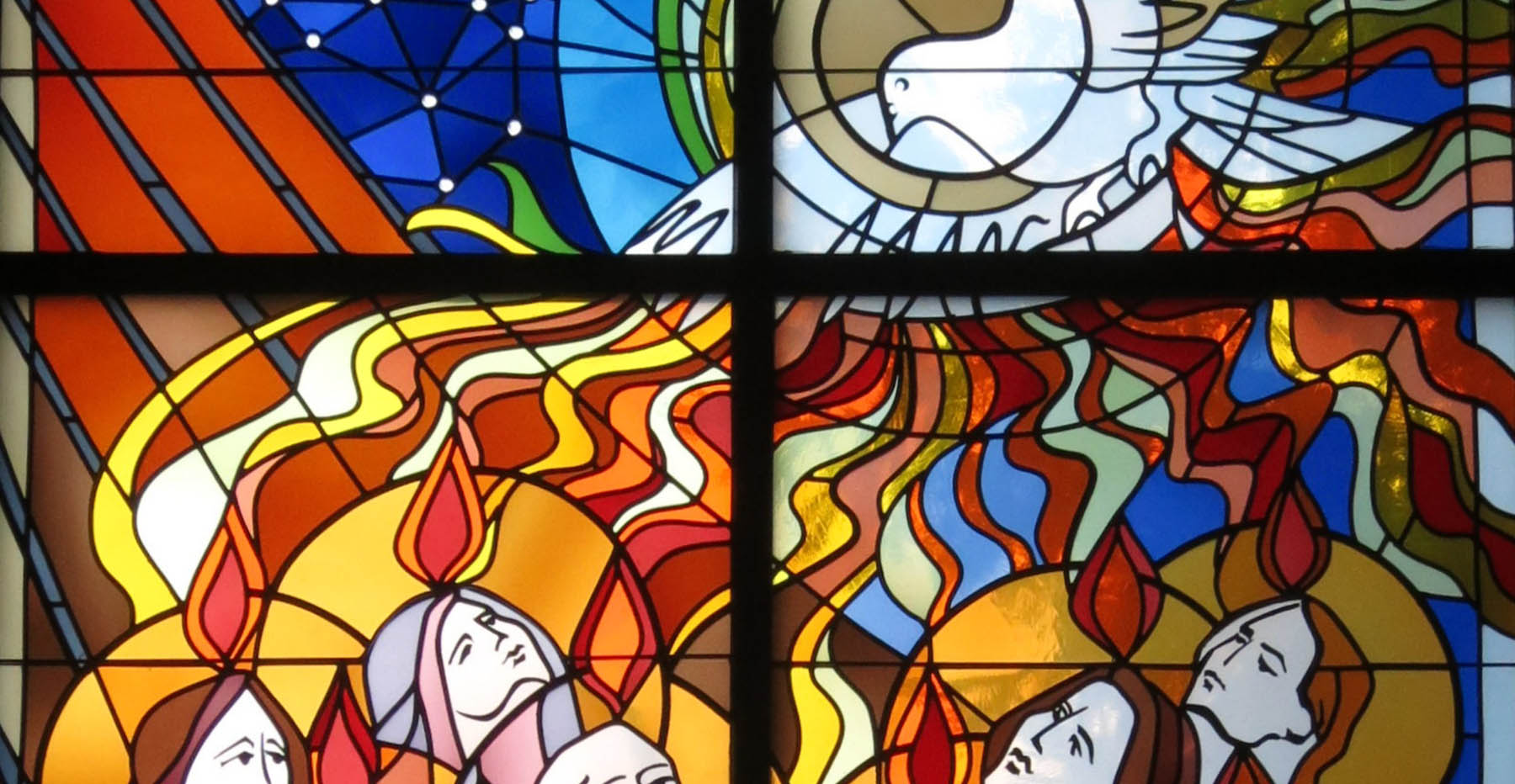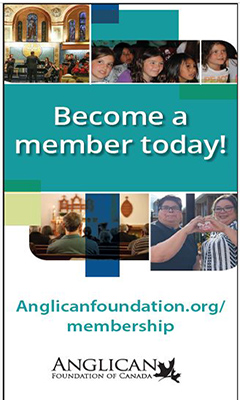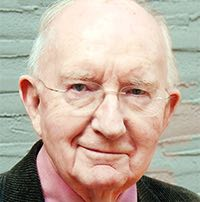Some things can be told only as a story. Someone offers a story and we listen. But we know it is pointless to ask questions because the narrator — in this case a young Syrian professional who has identified with the Christian movement in its infancy — knows nothing we do not know.
As Luke tries to tell us of the event, he is sure of only one thing — something of immense significance and power happened. How it happened and what exactly happened can only be expressed by metaphor. A wind? Yes, but something more, something “like a wind.” Fire? Yes, but something more, something “as of fire.” Uttering involuntary words, but more, far more. Sounds utterly incomprehensible to oneself — but significant to others? No neat explaining here, no slick analysis. Whatever has happened is as far beyond analysis as a wild sexual encounter or a soul shattering experience of some great work of art.
Even Peter, the sanest and most solid of men, when he collects his wits and gets his breath back, stands shaken to the core and reaches desperately for a remembered piece of poetry by the prophet Joel that he hd learned when a teenager in school — “Signs on the earth… blood and fire and smoky mist and the moon to blood…”
We are most certainly not in the realm of answers. Twenty years after the shattering event, Luke tells his story for one purpose, that we receive it and wait for it to become true in our own experience.
What meaning is Luke determined to give to what happened in that crowded room? Above all, he sees what happened — and there is no doubt the early Christian church saw this — as an indication that whatever Jesus’s birth, life, death and resurrection mean, they are of universal significance. In the language of today, Luke was quite sure that Jesus of Nazareth is a figure of planetary dimensions. Somehow his life among us opened a way — and will always open a way — for a new quality of human living for those who choose to take his way.
From April 1953 until his death in an air accident over the Congo in September 1961, Dag Hammarskjöld was Secretary General of the United Nations. Only after his passing was it realized that, although he was a very private man, he was one of profound spirituality. In one of his diaries published after his death — and we now know his death was a political assassination — the following passage was found:
I don’t know who or what put the question.
I don’t know when it was put.
I don’t even remember answering.
But at some moment I did answer Yes to Someone – or Something,
and from that hour I was certain that existence is meaningful,
and that therefore my life, in self surrender, had a goal.
I suspect that if many of those who were in that room in Jerusalem were asked in their later years what that event meant for them, they would have expressed their experience in similar language. As indeed would many others in history.
The Pentecostal experience is not merely a past event.




